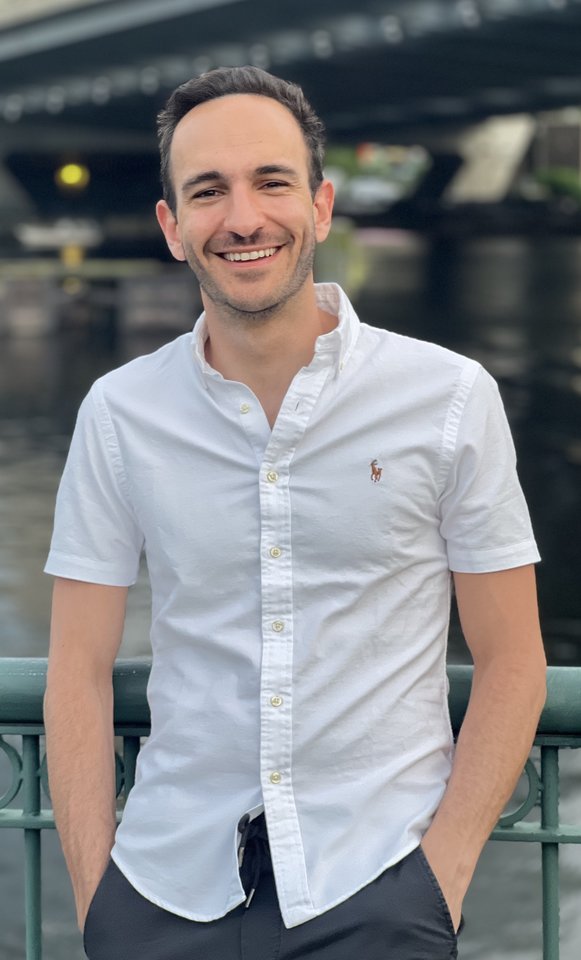Foundations for Fair Social Computing
Fadel Adib (MIT)
09 November 2022, 15:00-16:00 | ECHO-ARENA
Abstrat
As humans, we crave to explore hidden worlds. Yet, today’s technologies remain far from allowing us to perceive most of the world we live in. Despite centuries of seaborne voyaging, more than 95% of our ocean has never been observed or explored. And, at any moment in Sme, each of us has very liMle insight into the biological world inside our own bodies. The challenge in perceiving hidden worlds extends beyond ourselves: even the robots we build are limited in their visual percepSon of the world. In this talk, I will describe new technologies that allow us to decode areas of the physical world that have so far been too remote or difficult to perceive. First, I will describe a new generaSon of underwater sensor networks that can sense, compute, and communicate without requiring any baMeries; our devices enable real-Sme and ultra-long-term monitoring of ocean condiSons (temperature, pressure, coral reefs) with important applicaSons to scienSfic exploraSon, climate monitoring, and aquaculture (seafood producSon). Next, I will talk about new wireless technologies for sensing the human body, both from inside the body (via baMeryless micro-implants) as well as from a distance (for contactless cardiovascular and stress monitoring), paving the way for novel diagnosSc and treatment methods. Finally, I will highlight our work on extending roboSc percepSon beyond line-of-sight, and how we designed new RF-visual primiSves for roboScs - including sensing, serving, navigaSon, and grasping - to enable new manipulaSon tasks that were not possible before. The talk will cover how we have designed and built these technologies, and how we work with medical doctors, climatologists, oceanographers, and industry pracSSoners to deploy them in the real world. I will also highlight the open problems and opportuniSes for these technologies, and how researchers and engineers can build on our open-source tools to help drive them to their full potenSal in addressing global challenges in climate, health, and automaSon.

This talk has been recorded and uploaded on our YouTube channel. We are really sorry that deal to the technical issue, the recording didn't have sound for this talk.